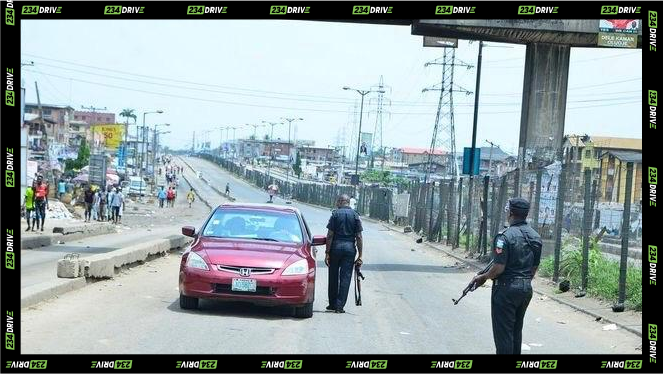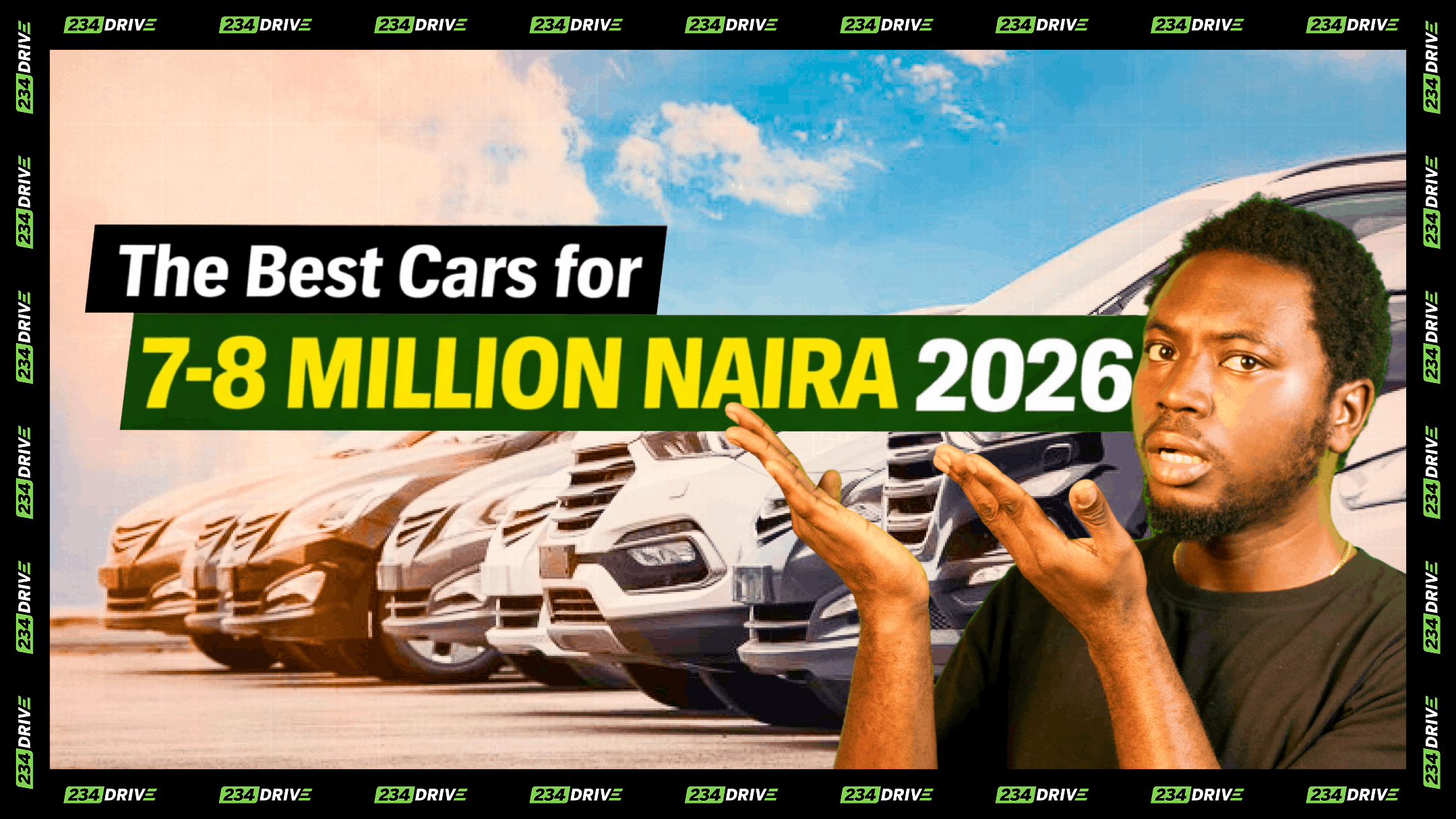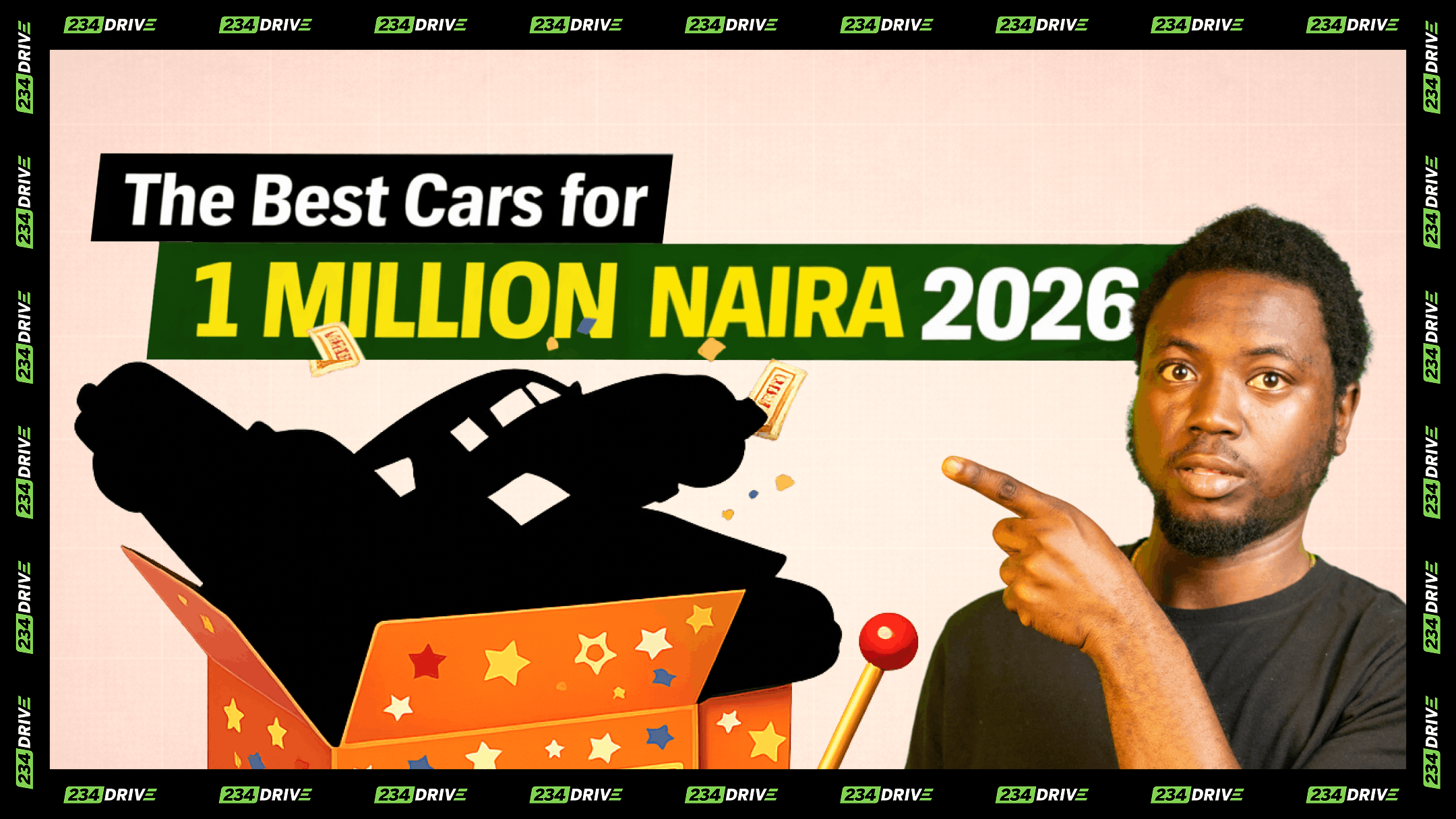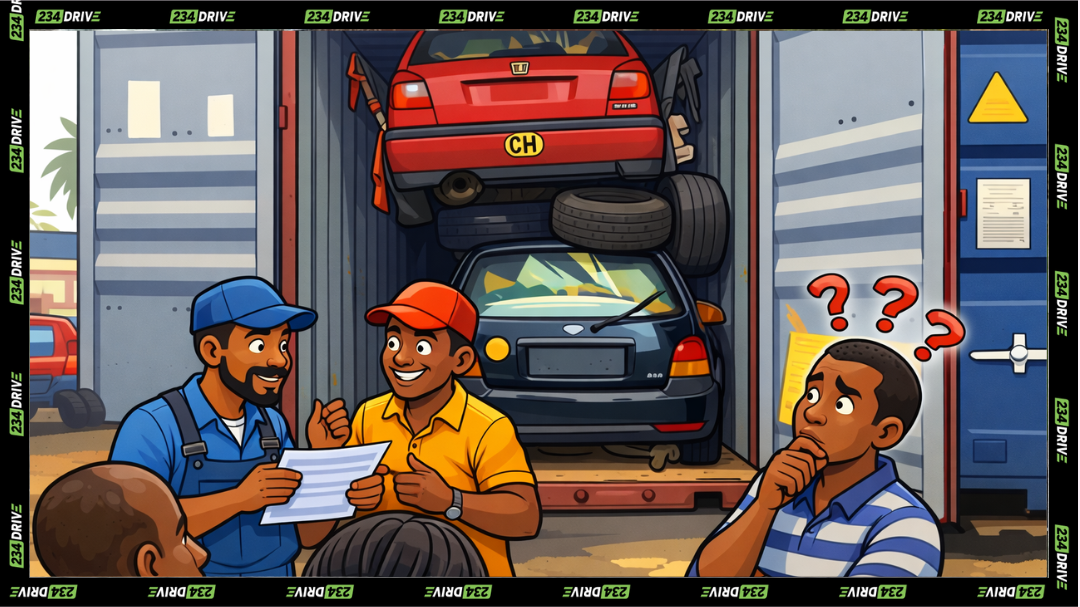Driving in Nigeria can be thrilling until you encounter a checkpoint and get fined for incomplete car documents. The frustration intensifies when, after obtaining one document, you’re fined for another that wasn’t previously requested. This scenario has popularized the saying, “If policeman mean you, there’s nothing you want to show them; they will get you.” Now everyone dreads checkpoints, the moment they see men or women in uniform they hit reverse and find a new route. But how long can this continue? This article lists the essential documents every car owner in Nigeria must have and explains how to obtain them.
Driver’s License
Often the first and only document requested, the driver’s license is about the size of an ATM card. Driver’s licenses come in various classes:
1. Class A: For motorcycles.
2. Class B: For motor vehicles under 3 tons, excluding motorcycles, taxis, or omnibuses.
3. Class C: For motor vehicles under 3 tons, excluding motorcycles.
4. Class D: For motor vehicles excluding motorcycles, taxis, stage carriages, or articulated vehicles.
5. Class E: For motor vehicles excluding motorcycles or articulated vehicles.
6. Class F: For agricultural machines and tractors.
7. Class G: For articulated vehicles.
8. Class H: For earth-moving vehicles.
9. Class J: Special category for physically challenged persons.
10. Class V: For convoy driving (for those driving senior government or political office holders).
To get your driver’s license, you need to attend a driving school, then visit the Vehicle Inspection Service (VIS) to fill out the form, take a test, and get captured. Upon passing the test, you’ll receive a temporary license while the permanent one is processed. A driver’s license costs about 40,000-50,000 Naira, depending on its validity (3 or 5 years).
Certificate of Ownership
This document proves that the car belongs to you. When questioned by an officer, honesty about the car’s ownership is crucial. Driving without proof of ownership could be perceived as driving a stolen car, possibly leading to legal trouble. Types of proof of ownership include:
– Purchase Receipt
– Bill of Sale
– Transfer of Ownership Document
These documents, along with other required paperwork, are used at the Motor Vehicle Administration Agency (MVAA) office to acquire the ownership certificate.
Insurance Document
With Nigeria’s challenging driving conditions, accidents are common. A third-party insurance document covers damages to the other party’s vehicle in an accident. This insurance is valid for one year and costs between 7,000-15,000 Naira, depending on the vehicle’s size.
Roadworthiness Certificate
Like athletes undergo fitness tests, cars need to be tested for roadworthiness. Visit a VIO office for inspection and testing. If your vehicle passes, you’ll receive the certificate, which costs about 5,000-7,000 Naira and is valid for one year.
Vehicle License
Issued by the FRSC, the vehicle license shows that a vehicle is legally registered in the country. This document, costing about 2,500-3,500 Naira, should always be kept in your vehicle, often displayed on the windshield.
Hackney Permit
If your car is used for commercial purposes, a hackney permit is essential. This permit, costing 4,500-8,000 Naira, is required for vehicles used as cabs or for transporting goods. Without it, you risk fines.
Tinted Glass Permit
While tinted glass is acceptable in Nigeria, you must obtain a Tinted Glass Permit from the Nigerian Police Force (NPF). The permit can be acquired online by filling out an application form, submitting biometric details, and awaiting approval. Despite recent government annulments of this law for manufacturer-tinted cars, some officials still ask for it. Alternatively, a medical report allowing you to drive with tinted glass can be used.
These documents are essential for every car owner in Nigeria. Away from documents, Vehicle Inspection Officers might still check for items like a fire extinguisher, C-caution sign, spare tire, crack-free glass, and functioning headlights and taillights. Staying prepared ensures you can navigate checkpoints without trouble and enjoy your drive.
Having the right documentation is the second stage. The first stage is owning a car. If you’re looking buy a car, and you’re confused on how to go about it, here’s 7 Tips for buying a Nigerian used car.










